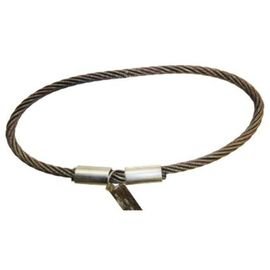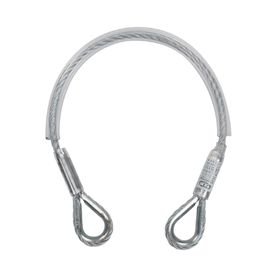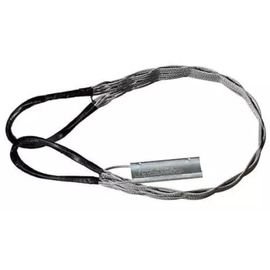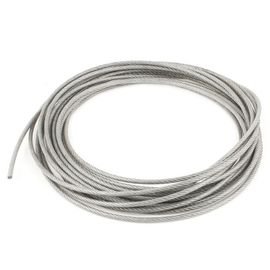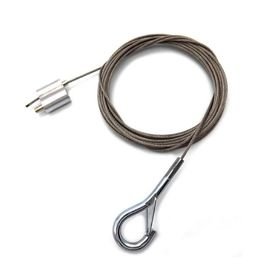Expert Aircraft Cable Manufacturer in China
Aircraft cable is also known as wire rope. It is specifically designed to meet the demanding requirements of the aviation industry. This heavy-duty cable is made of multiple wire strands – twisted or braided together to form a single, strong cable.
Guofeng manufactures aircraft cables from high-strength materials such as stainless steel or galvanized steel. It makes them resistant to corrosion, wear and tear, and extreme temperatures. They are used in a variety of applications within the aviation industry. That includes landing gear, flight control systems, and towing operations.
Wide application of steel wire rope, In addition to the aviation industry, aircraft cables are also used in other industries such as construction, marine, and transportation. Where strength and durability are important factors, our aircraft cable is the ideal choice. You can find it in various sizes, lengths, and configurations. We can customize the materials and sizes according to your needs, Send us your specific requirements now.
Available Sizes
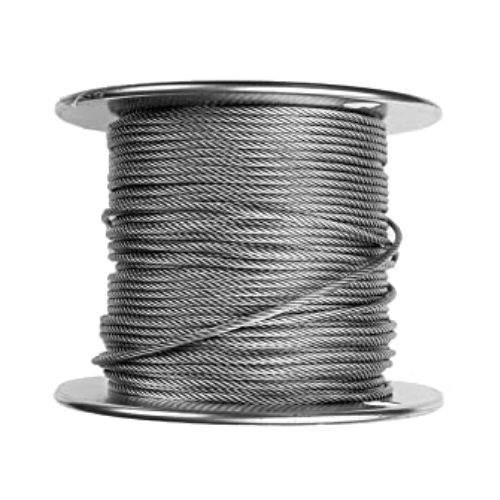
The steel wire ropes we produce are made of high-strength steel wire. It can withstand high loads and high stresses. Can be used for various applications, such as control cables, tension cables, etc.
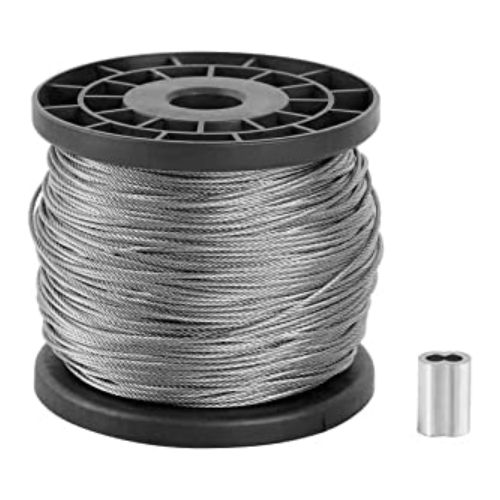
The 3/32-inch diameter aircraft cable is slightly thicker. Suitable for applications where higher loads are anticipated like guy wires, tension cables, and safety cables.
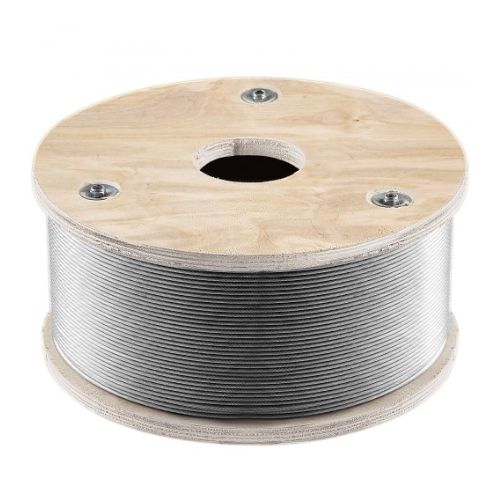
Aircraft cable with a diameter of 1/8 inch (3.2 mm) is composed of galvanized steel, stainless steel, or other high-strength alloys. Withstand the rigors of aviation use.
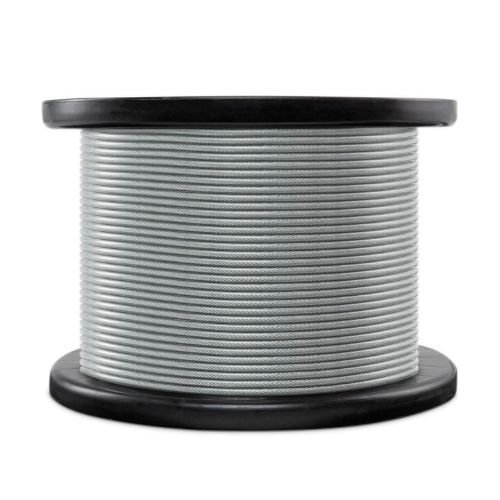
Aircraft cable 5/32 inch (4 mm) is thicker and stronger than the 1/8 inch cable. Suitable for use in applications where increased strength and durability are required.
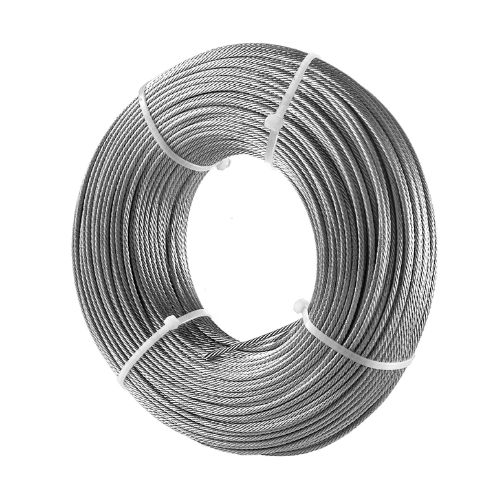
Versatile and durable cable. Features optimum strength, durability, flexibility, and reliability. Suitable for use in larger aircraft or heavier equipment.
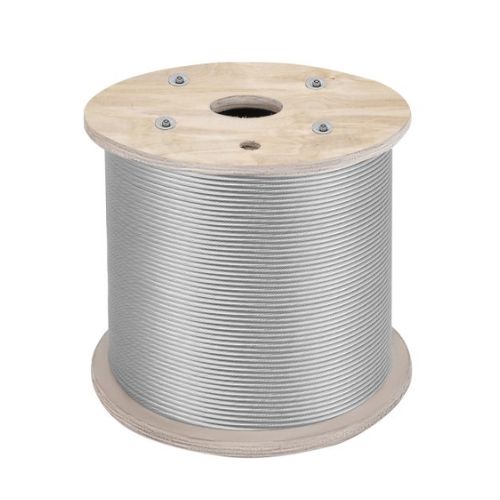
High-strength steel wire rope. Great properties are corrosion resistance and lightweight. It has a minimum breaking strength of around 7,650 pounds.
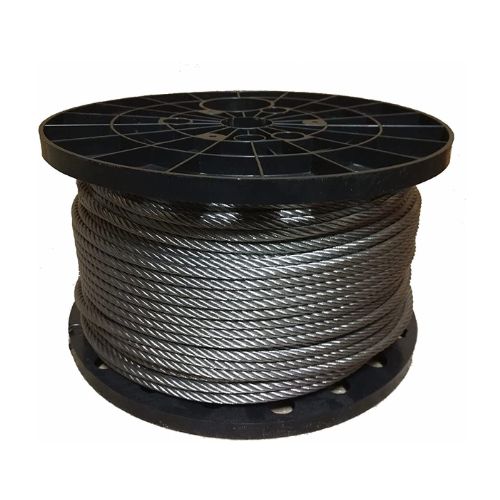
Made up of several individual strands of wire twisted together in a helix pattern. Can be used in the aerospace industry for control cables and more.
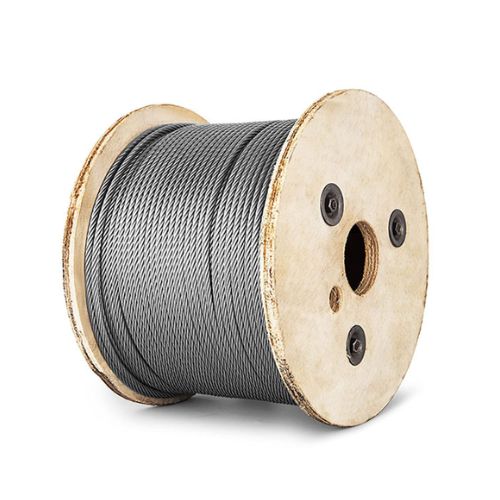
Slightly thicker and stronger cable compared to the 5/16 inch size. It can handle heavier loads. Depending on the specific application, can be difficult to handle,Widely used in industry.
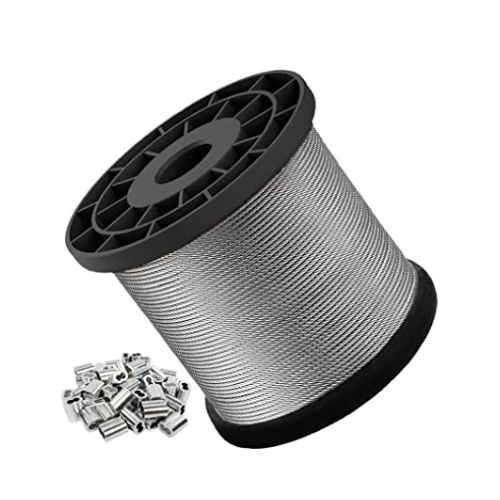
Aircraft cables with a 7/16 inch diameter can be used as the lifting cable in cranes and hoists. Can be also used for heavy loads in construction, mining, etc.
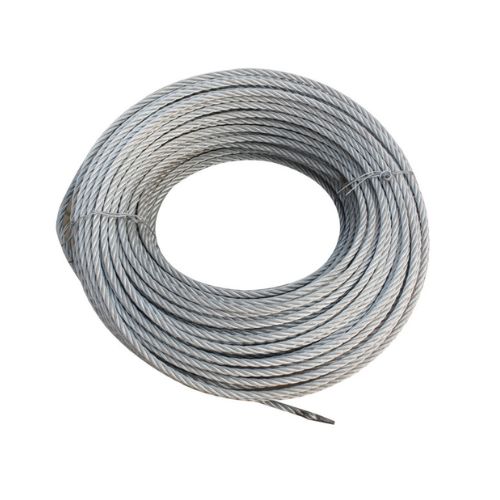
Aircraft cable 1/2 inch (12.7 mm) provides increased safety and reliability in demanding applications. Resistant to wear, corrosion, and other types of damage.
Guofeng Aircraft Cable Main Advantage

Our aircraft cable is designed to be incredibly strong and durable. Ideal use for applications that require high tensile strength.

Although it is strong, Guofeng aircraft cable is also flexible, allowing it to bend and twist without breaking.

Despite its strength, aircraft cable is relatively lightweight, which makes it ideal for applications where weight is a concern.

Aircraft cable is your cost-effective choice. When properly maintained and cared for, it can last for many years.
Different Types of Aerospace Wires We Offer
Coaxial cable
Twisted pair cable
Shielded cable
Ribbon cable
High-temperature cable
Fiber core aircraft cable
LSZH cables
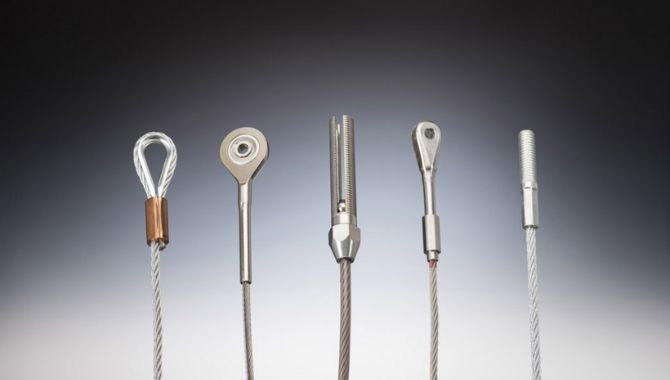
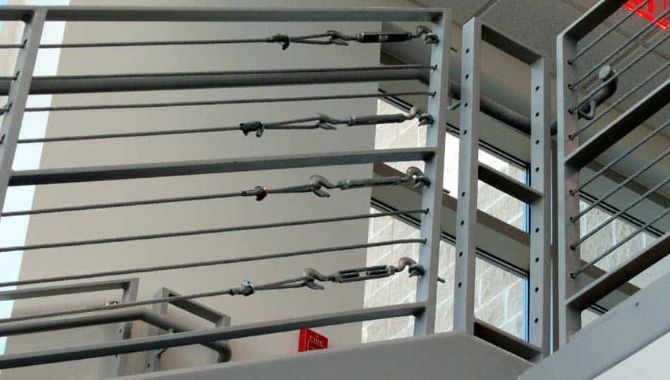
In-house Testing
Compliance with industry standards (MIL-DTL-83420)
Material testing: bend test, torsion test, fatigue test, etc
Cable construction
Load testing
Environmental testing
Non-destructive testing
Compliance with regulatory requirements (FAA)
By complying with these testing and compliance requirements, Guofeng can ensure that cables meet the required standards for safe and reliable operation in aerospace applications.
Uses in Various Aerospace Applications
Transmit mechanical force from the cockpit controls to the aircraft’s control surfaces
Control the engine’s throttle, mixture, and propeller pitch
Control the landing gear’s extension and retraction, as well as its locking mechanisms.
Used to control the aircraft’s brakes.
Used to control the fuel flow and shut-off valves
Used for cargo handling and rescue operations.
Transmit and receive signals for communication and navigation.
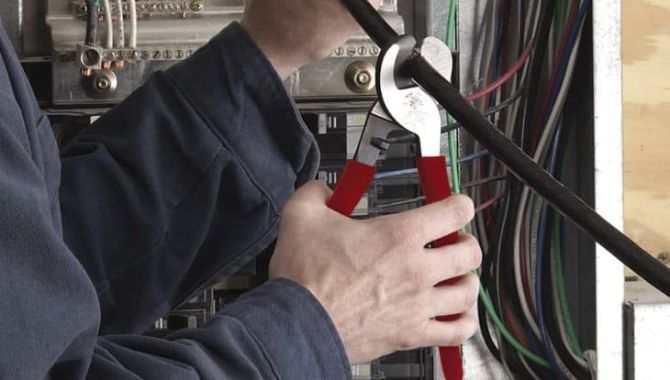
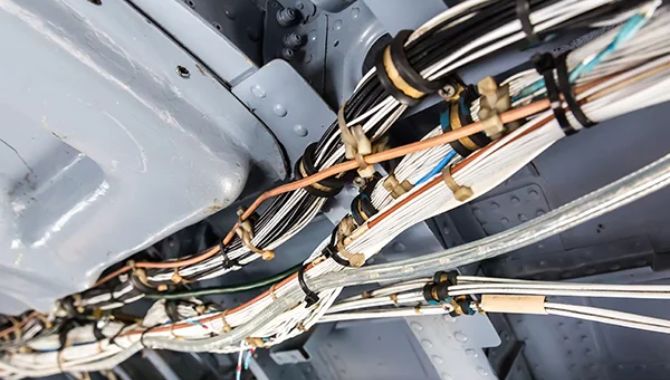
How we Manufacture
The manufacturing process for aircraft cable involves several steps, including:
Wire drawing
Stranding
Core assembly
Stranding and cabling
Galvanizing or coating
Cutting and testing
Packaging and shipping
We follow strict quality control procedures to ensure the cable meets the required quality measures.
How to Maintain
- Regular inspection: Inspect the cable regularly for any signs of wear, corrosion, or damage. Look for kinks, broken strands, or other signs of wear and tear. Replace any damaged or worn-out cables immediately.
- Lubrication: Lubricate the cable periodically to prevent rust and corrosion. Use a high-quality lubricant that is compatible with the type of cable being used.
- Tension monitoring: Regularly check the tension of the cable to ensure it is within our specifications.
- Storage: Store the cable properly in a clean and dry environment, away from moisture, dirt, and debris. Use a storage reel or hanger to prevent kinking and other damage.
- Cleaning: Clean the cable periodically to remove dirt and debris. Use a soft brush and mild detergent solution, and rinse thoroughly with clean water.
- Replacement: Replace the cable periodically based on the recommendations or when it shows signs of wear or damage. Do not exceed the recommended service life of the cable.
- Use appropriate fittings: Use appropriate fittings and connectors that are designed for the specific type of cable being used.
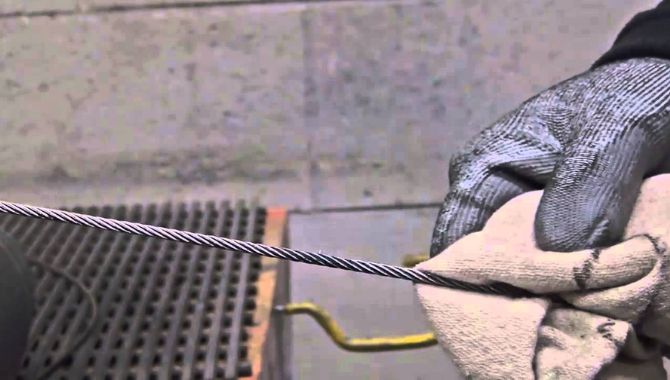
Both stainless steel and galvanized aircraft cable have their advantages and disadvantages, and the choice between them will depend on the specific application and environmental conditions.
Here are some key factors to consider:
Corrosion resistance
Strength
Flexibility
Cost

